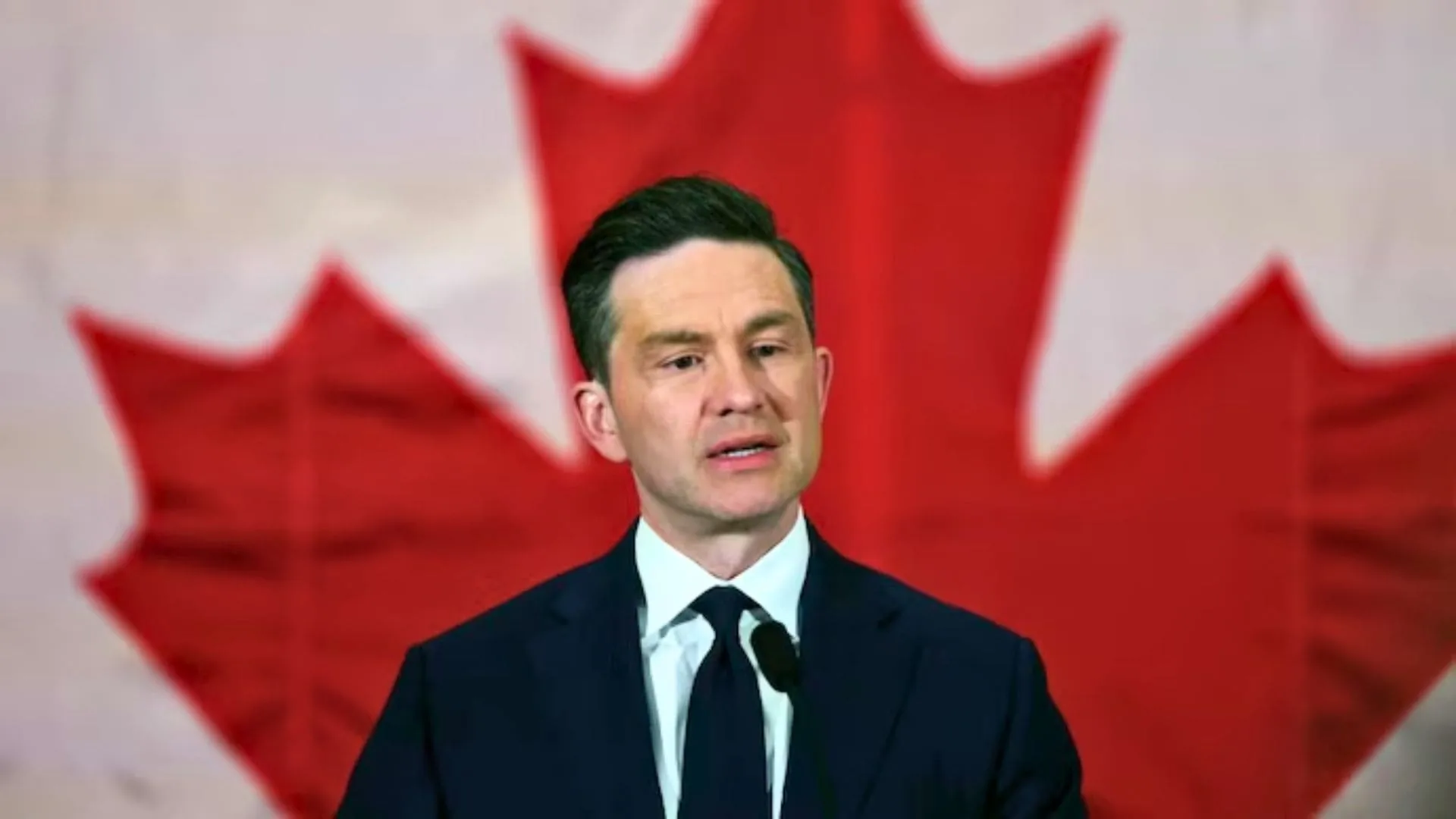With Canada’s voting on April 28, an unexpected twist is changing the dynamics. Conservative leader Pierre Poilievre now finds himself behind. Why? The loud rhetoric and actions by Donald Trump against Canada have unleashed a surge of patriotism that, unexpectedly, is supporting the Liberal Party and Mark Carney’s chance at winning. What was to be an election based on domestic policy has become a referendum on the sovereignty of Canada and its relations with the US.
The Trump Effect
Poilievre’s campaign started by gaining traction initially with his populism, tapping into outrage around inflation, crime, and state overreach. He resonated with working-class voters and disgruntled persons with the state of affairs. Trump’s bashing of Canada, however, including a taxation on trade and inflammatory remarks suggesting making Canada an American state in 51 have galvanized citizens behind the Liberals. This changed dramatically Poilievre’s numbers, since many view Trump’s remarks as an insult against Canadian pride.
Mark Carney’s Steady Reaction to Trump’s Taunts
In steps Mark Carney, the former governor of the Bank of Canada, who took over as Liberal leader after Justin Trudeau resigned. Carney’s stand against Trump, combined with his crisis management background, has positioned him as an icon of stability. His ratings soared as Canadians rallied around his stand on national sovereignty. In contrast with Poilievre, who was unable to get out of Trump’s shadow, Carney’s unequivocal repudiation of American meddling placed him at the helm best capable of defending Canada’s interests.
Political Changes and Increased Nationalism
As the election approaches, attention has turned from old issues such as fiscal policy to Canada’s identity. Poilievre’s populist charm now sounds empty to many voters who view his earlier admiration for Trump as a disqualifier. This change has rallied support behind Carney, particularly among voters who fear losing Canadian sovereignty.
The unexpected shocker in this election is Trump, instead of an internal agenda item, becomes the focal point. His doing has brought Canadians together in preserving national identity, and the Liberal Party has now emerged as championing Canadian sovereignty. Poilievre, once on track for a victory, now struggles in the backlash from a movement he never even envisioned.





















